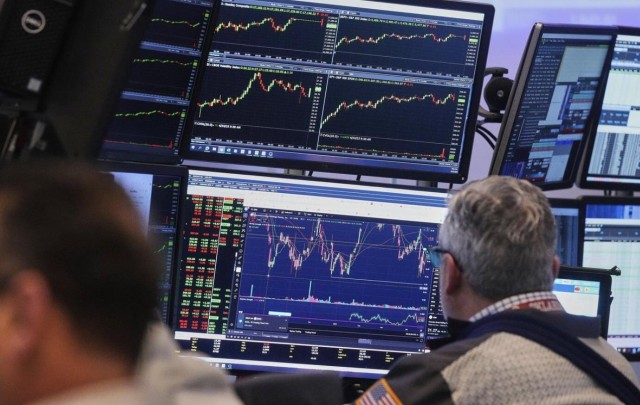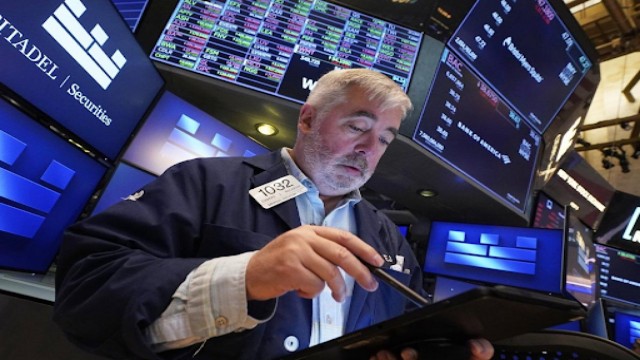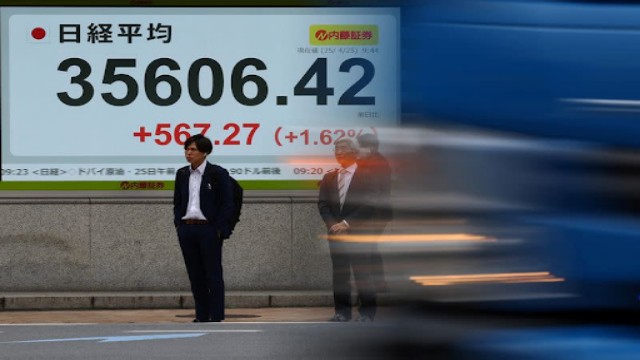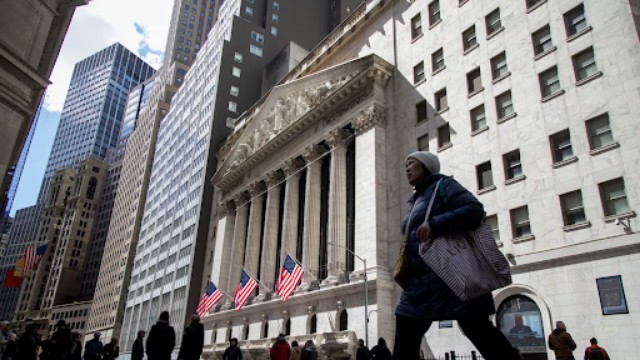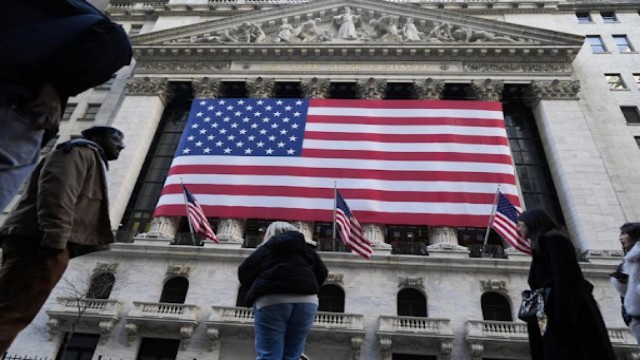
The European Central Bank (ECB) has expressed concerns about potential risks to government finances and economic growth across the Eurozone. This caution comes amidst ongoing challenges in managing sovereign debt, highlighting vulnerabilities that could impact financial stability.
The European Central Bank (ECB) has issued a stark warning about growing risks in the eurozone’s financial landscape. Factors like high public debt, slow economic growth, and fiscal mismanagement are painting a grim picture, raising fears of a potential sovereign debt crisis reminiscent of the turmoil a decade ago. The ECB’s Financial Stability Review for November 2024 highlights how these vulnerabilities, compounded by geopolitical tensions, are creating fertile ground for instability.
Debt on the Rise: A Ticking Time Bomb
The ECB notes that the era of cheap borrowing has ended, making it harder for governments to manage their debts. Countries are now rolling over maturing loans at significantly higher interest rates, increasing the burden on national budgets. High-debt nations like Greece, Italy, and France face the greatest challenges, with limited fiscal flexibility leaving them vulnerable to sudden market shocks.
Geopolitical disruptions are adding to the strain, with energy subsidies and other fiscal interventions pushing budgets to their limits. Despite some progress in reducing debt-to-GDP ratios, underlying issues like weak growth and policy uncertainty continue to fuel fiscal instability. ECB Vice President Luis de Guindos emphasized that “sovereign vulnerabilities are deepening,” underscoring the need for urgent action.
The Numbers Speak Loudly
The debt levels across the eurozone reveal a striking divide. While the average debt-to-GDP ratio stands at 88.1%, countries like Greece and Italy far exceed this, with ratios of 163.6% and 137%, respectively. In contrast, fiscally conservative nations like Germany and the Netherlands maintain much lower ratios, exposing the bloc’s fragile unity.
Looking ahead, the outlook remains troubling. Projections by the International Monetary Fund (IMF) show significant increases in debt-to-GDP ratios for several countries by 2029. France’s ratio is expected to rise from 112% to 124.1%, while Italy’s could soar to 142.3%. Such trends raise concerns about whether these nations can manage their financial obligations in an era of higher interest rates and tepid growth.
Markets Bracing for Impact
So far, financial markets have shown resilience, with only minor spikes in volatility. However, the ECB warns that this calm may be temporary. Any fiscal missteps by high-debt nations could spark a wave of investor panic, leading to widening bond spreads and market instability, similar to the eurozone crisis of the early 2010s.
The risks aren’t confined to governments. Rising sovereign bond yields could also drive up borrowing costs for businesses, particularly small and medium-sized enterprises (SMEs). Many companies are already grappling with reduced profits due to higher interest payments, adding another layer of vulnerability.
Banks Better Prepared, but Risks Remain
On a brighter note, eurozone banks are in a stronger position than during the last crisis. They are better capitalized and more profitable, providing a buffer against potential shocks. However, the interconnectedness between sovereign and banking risks—often called the “doom loop”—remains a concern. A deterioration in government creditworthiness could still ripple through the banking sector, threatening broader financial stability.
The ECB has urged regulators to keep banks’ capital buffers robust and ensure responsible lending practices, aiming to prevent risky behaviour that could exacerbate the crisis.
A Call for Vigilance
The ECB’s message is clear: while the eurozone has weathered past storms, the road ahead is fraught with challenges. Without decisive policy actions, the region risks sliding into another sovereign debt crisis. The warning from Frankfurt is a wake-up call: vigilance and proactive measures are crucial to safeguarding economic stability.


